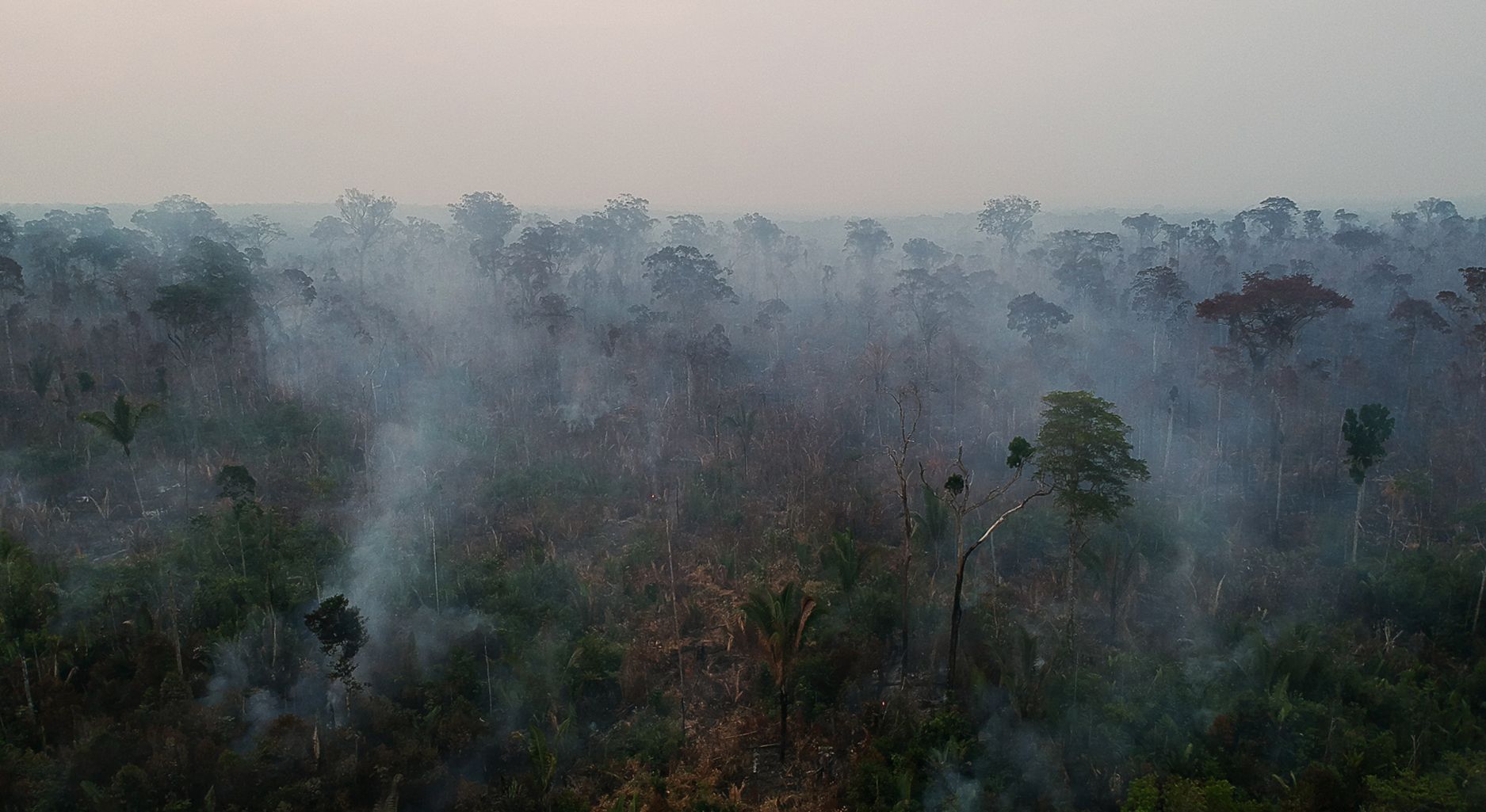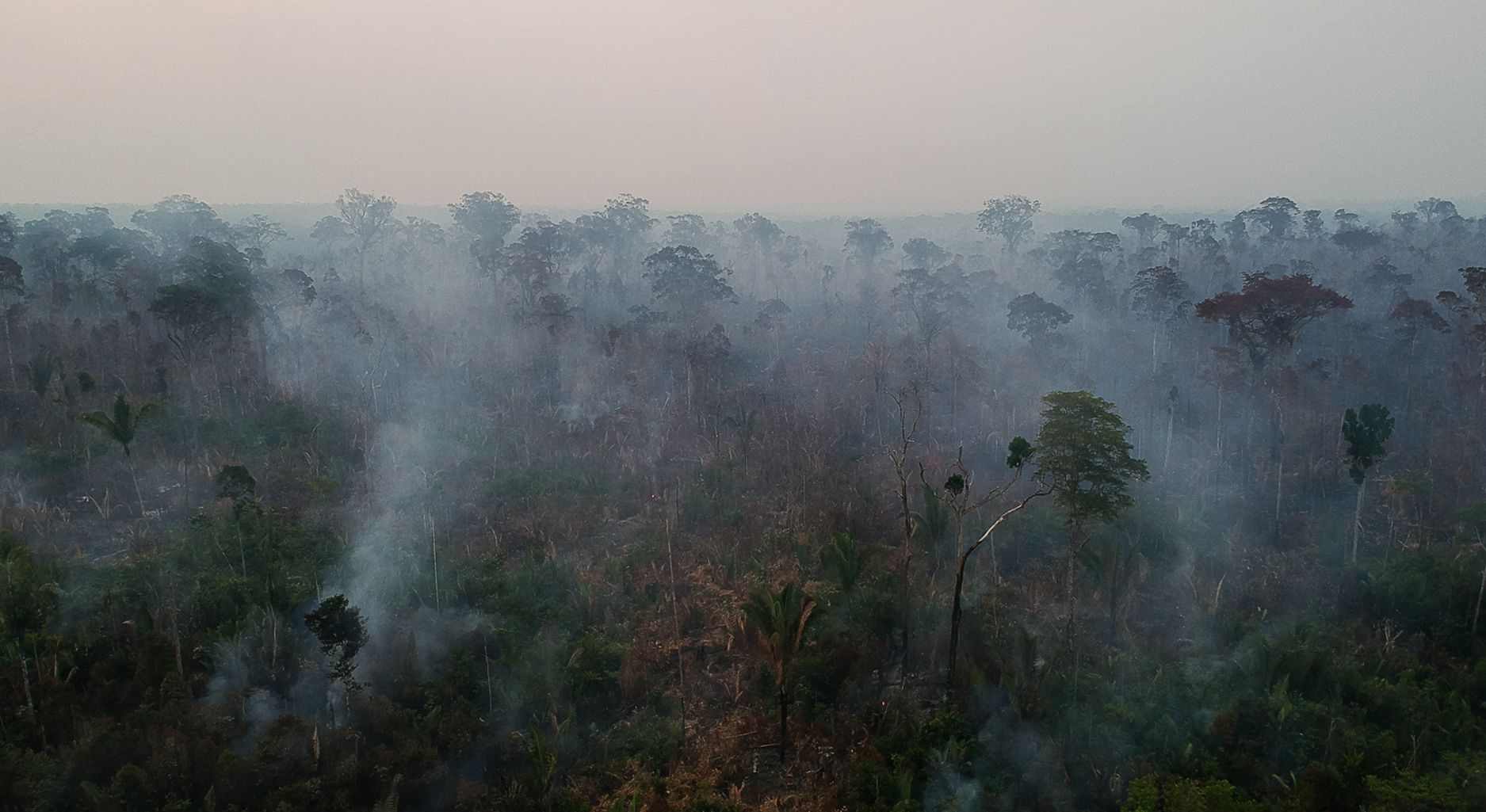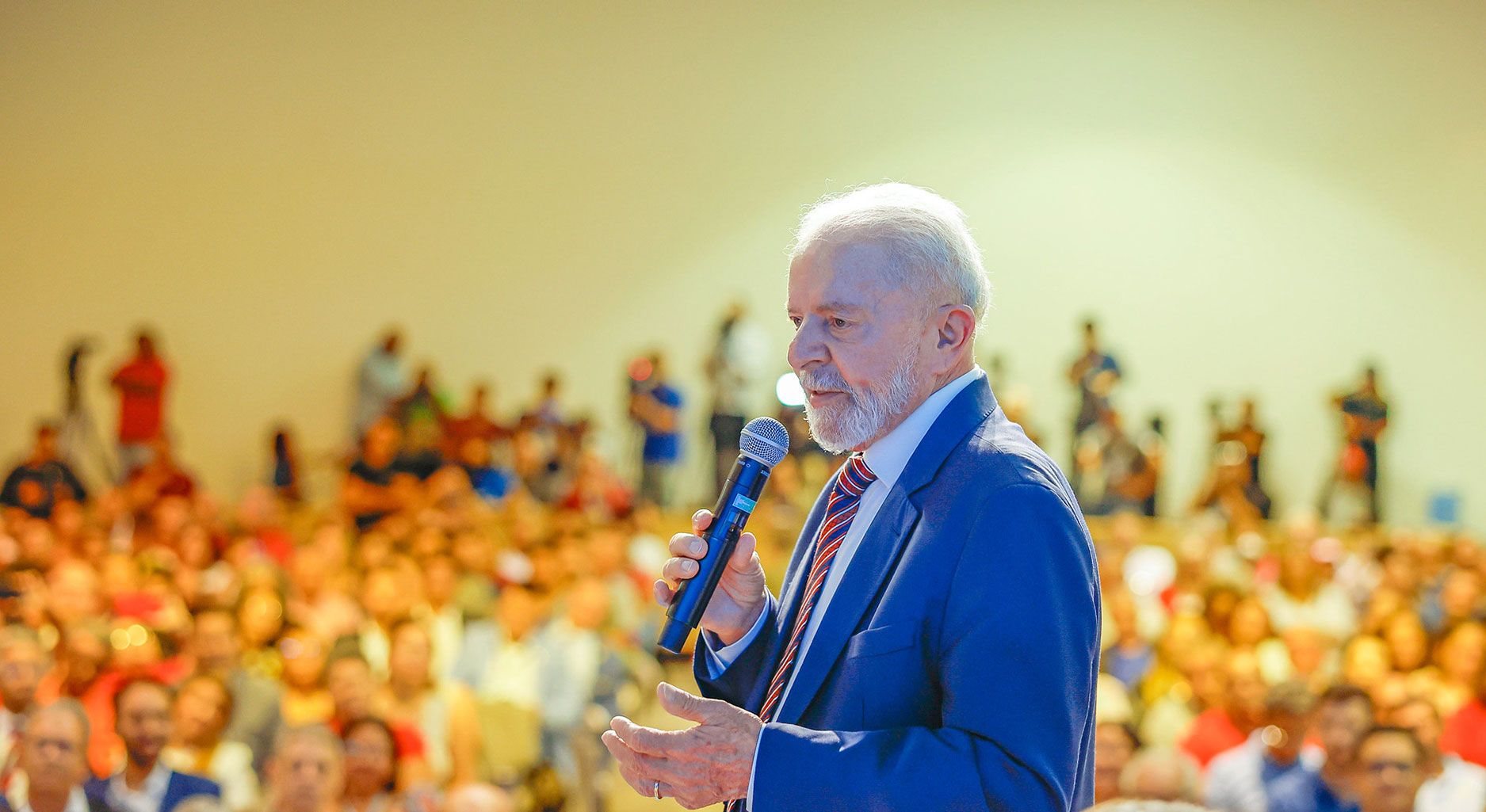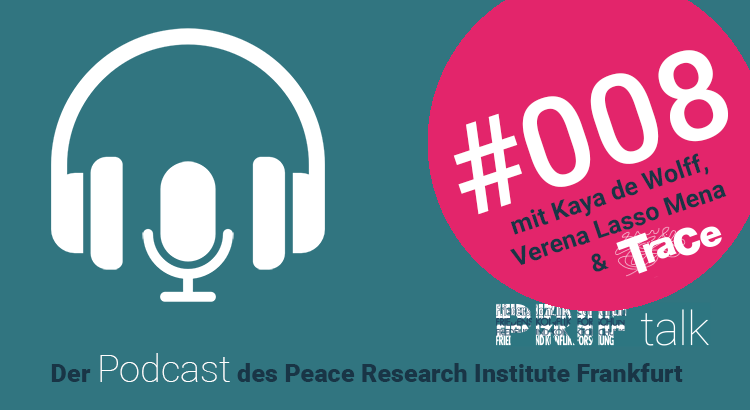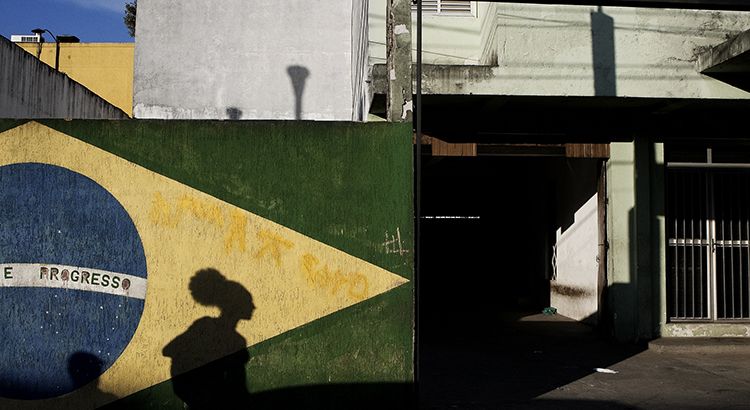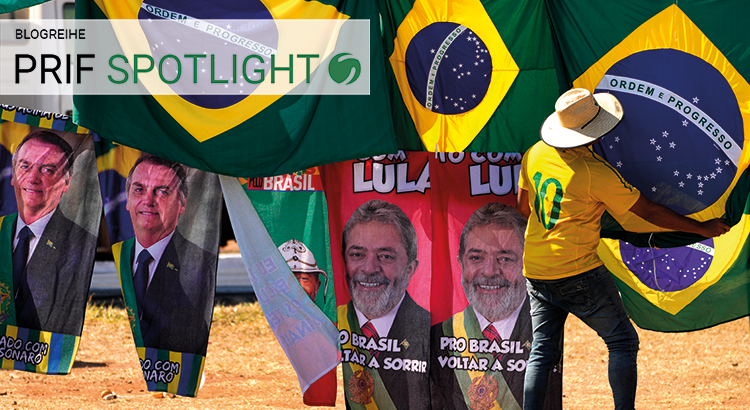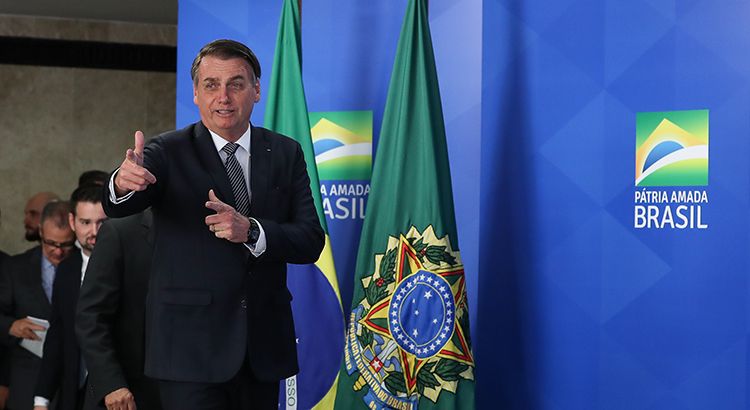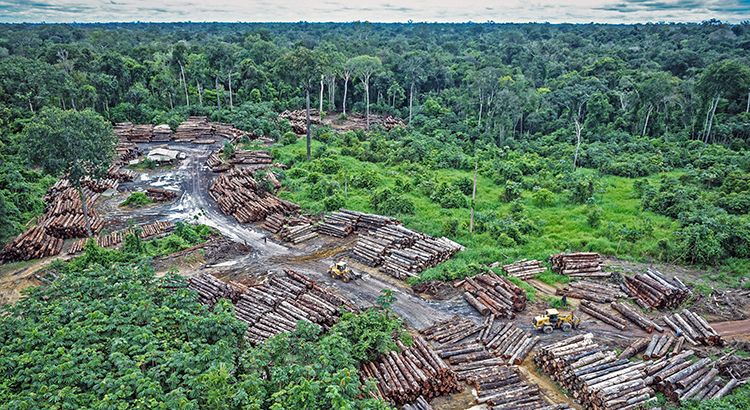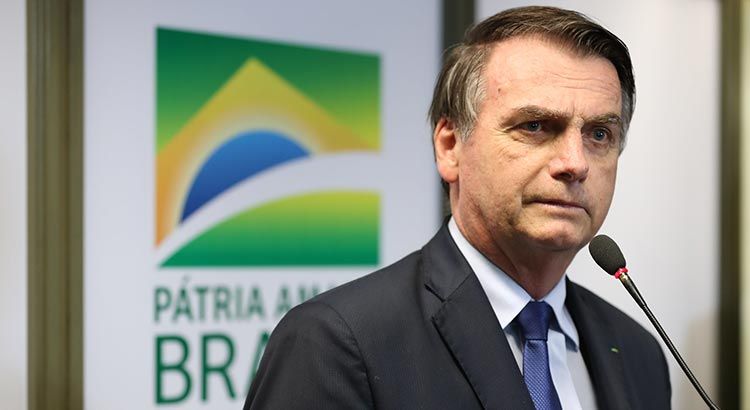Schlagwort: Brasilien
A Amazônia brasileira é um lugar perigoso para ativistas sociais, especialmente aqueles que lutam...
Violence Against Social Activists in the Brazilian Amazon: The Role of Deforestation
The Brazilian Amazon is a dangerous place for social activists, particularly those who fight for...
Breaking the Cycle or Maintaining Police Lethality: The Challenge for Brazil under Lula’s Government
Elected on a progressive platform promising respect for human rights, Brazilian President Luiz...
Brazil’s Presidential Election: How Far does the Populist Glow Reach?
The first round of Brazil's presidential elections took place on 2 October 2022. The result was...
Democracy on the Razor’s Edge: The 2022 Presidential Elections in Brazil
Brazil’s presidential elections are scheduled to take place on October 2, 2022. The confrontation...
Bolsonaro gunning at Brazilian democracy
In Brazil, September 7th is Independence Day, traditionally celebrated with civil and military...
Am seidenen Faden: Das Freihandelsabkommen zwischen der Europäischen Union (EU) und dem Mercosur
Zwanzig Jahre lang wurde das Freihandelsabkommen zwischen der EU und dem Mercosur verhandelt, im...
Indigenous Peoples’ experiences: Some observations about the new political era in Latin America
In the last five years, Latin America has entered a new political era with indigenous peoples at...
